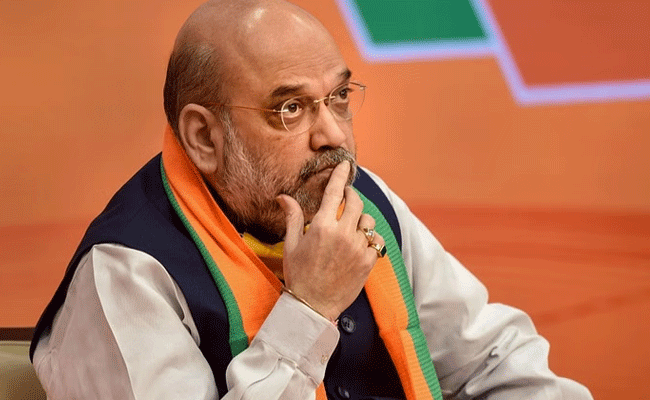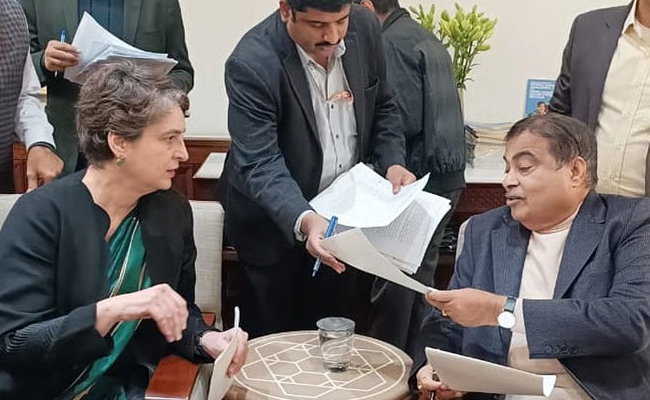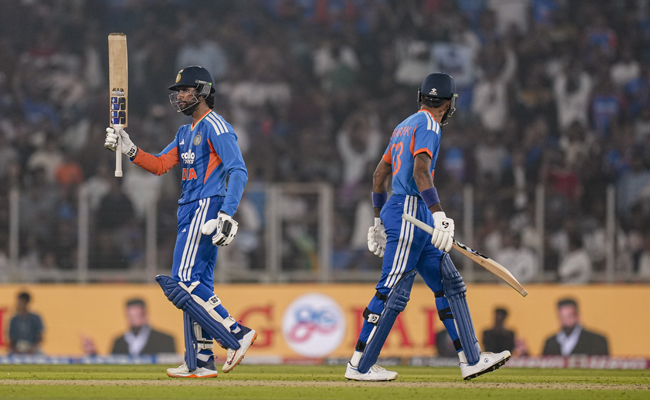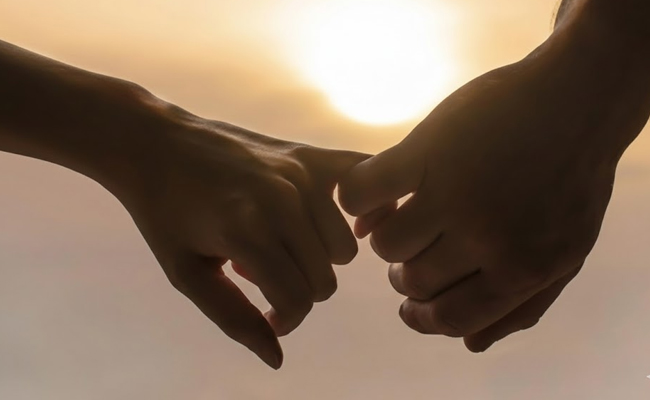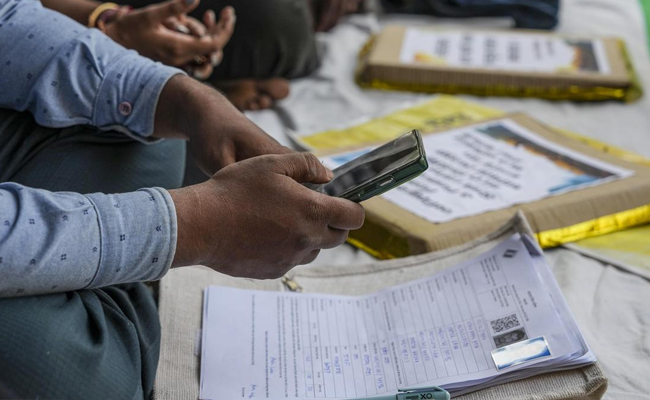Bidar/Raichur (KTK) (PTI): Union Home Minister Amit Shah on Sunday lauded the Karnataka government's decision of scrapping the four per cent reservation for Muslims under 2B Other Backward Classes (OBCs) category, saying the quota on religious lines was constitutionally invalid.
Addressing public gatherings at Gorata village in Bidar district and Gabbur in Raichur district, he slammed the Congress for introducing the four per cent reservation for Muslims for "its vote bank politics".
The Union Minister pointed out that Chief Minister Basavaraj Bommai-led BJP government also tried to do away the injustice to the Scheduled Castes by introducing a new internal reservation.
The entire 2B category was only for the Muslims and the BJP government scrapped it saying that it was not constitutionally tenable and divided the four per cent quota equally among the two dominant communities of the state: Vokkaligas in 2C reservation category and Veerashaiva-Lingayats in 2D reservation category.
With this, 2B became redundant while Vokkaligas' reservation went up from four per cent to six per cent and Lingayats from five per cent to seven per cent.
"The BJP never believes in appeasement. So, it decided to change the reservation," Shah said strongly defending the decision.
"The BJP abolished the four per cent reservation given to the minorities and gave two per cent to the Vokkaligas and two per cent to the Lingayats," Shah said.
"The reservation for minorities is not Constitutionally valid. There is no provision in the Constitution to give reservation based on religion. This Congress government did it for its appeasement politics and gave reservation to the minorities," he added.
Let the Truth be known. If you read VB and like VB, please be a VB Supporter and Help us deliver the Truth to one and all.
Wayanad/New Delhi (PTI): Congress MP from Wayanad Priyanka Gandhi Vadra on Friday said she met Union Minister Nitin Gadkari, seeking his intervention to expedite pending road infrastructure works in her constituency, including those aimed at addressing landslide issues at the Thamarassery pass.
Sharing photographs of the meeting on the social media platform 'X', Priyanka said Gadkari, the Union Minister for Road Transport and Highways, heard her concerns and sought updates from the relevant officials.
In her post, she expressed hope that the pressing issues she raised, which directly affect public safety and daily life, would receive the attention and urgency they deserve.
“Met respected Gadkari to raise issues concerning my constituency, Wayanad, and urged that pending works be expedited without further delay. He was kind enough to hear my concerns and get updates from the relevant officers,” she said.
ALSO READ: PM, Union ministers, Priyanka Gandhi, others meet Speaker Birla after Lok Sabha adjourned sine die
“I sincerely hope these pressing issues, which directly affect people’s safety and daily lives, will receive the attention and urgency they deserve,” she added.
A day earlier, Priyanka had sought an appointment with Gadkari in Parliament, saying she had been seeking an opportunity since June to discuss issues related to her constituency.
Responding to her request, the minister had said his doors were always open and that she could meet him at any time.
She subsequently met him at his office later the same day.
Met respected Shri @nitin_gadkari to raise issues concerning my constituency, Wayanad, and urged that pending works be expedited without further delay.
— Priyanka Gandhi Vadra (@priyankagandhi) December 19, 2025
He was kind enough to hear my concerns and get an update from the relevant officers.
I sincerely hope these pressing issues… pic.twitter.com/UkxnXP6gxn

